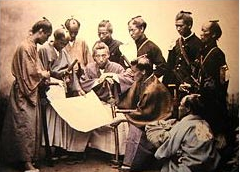Japan
By Maranita
What is the capital of Japan?
The capital of Japan is Tokyo. Tokyo has a population of approximately 13.5 million. The reason why Japan's capital is Tokyo is because the first emperor of Japan used to live in Tokyo from 794 to 1898.
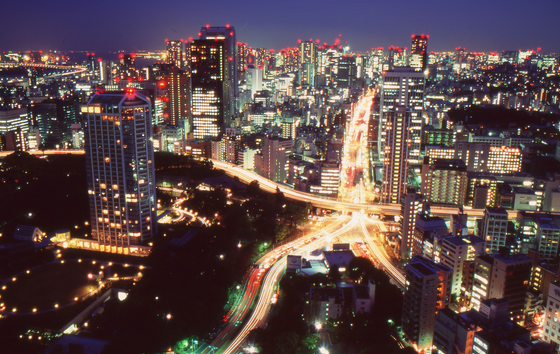
Tokyo's population is approximately 13.35 million.
What is the population of Japan?
Japan's population is bigger than France's. Even though, they have a small country. Japan is about the size of New Zealand. In 2012, their population was 127.6 million. The next year, the population decreased to 127.3 million. In 2014, the population went down. It was about 127 million.
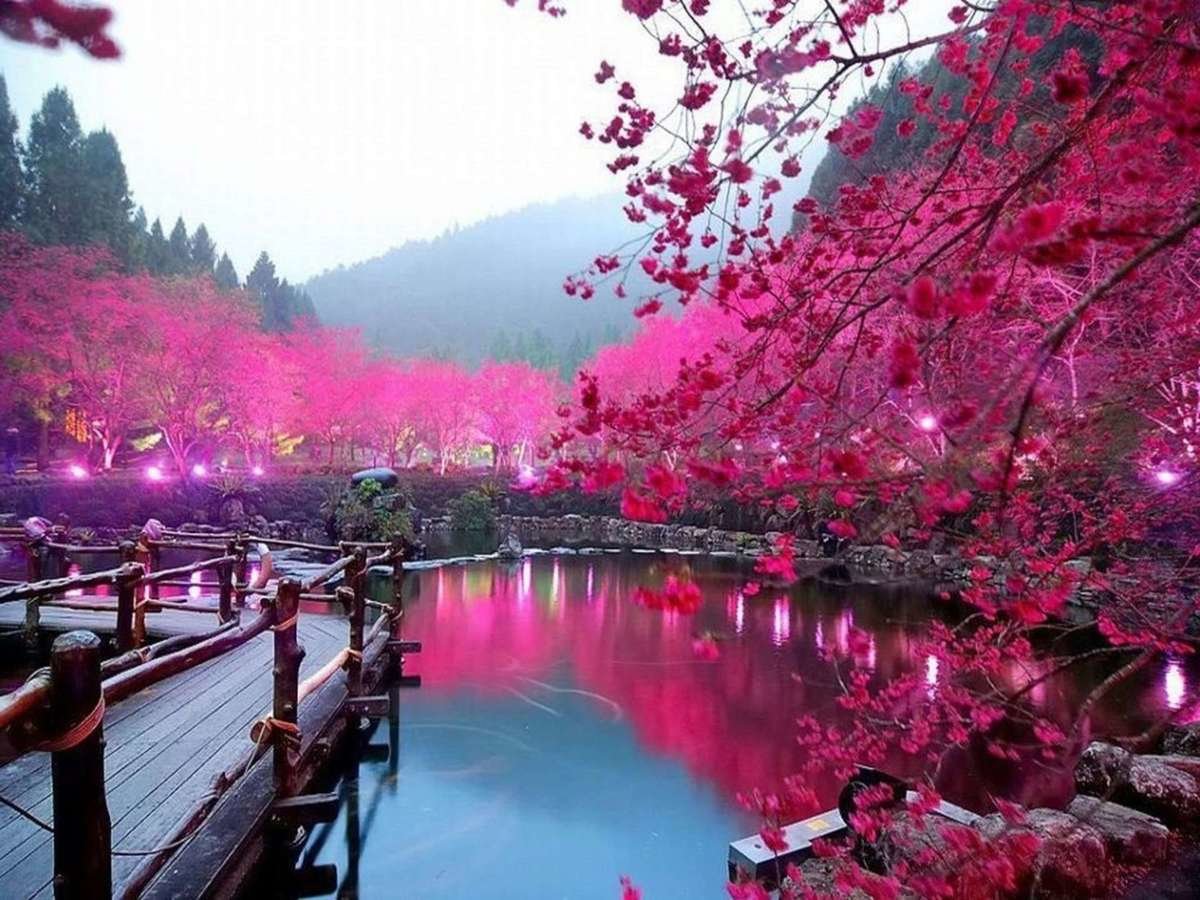
What is the currency of Japan?
Japanese money is called a Japanese Yen. A Yen is worth 0.013 NZ dollars. A Japanese Yen has a special symbol on it that looks like this, ¥.
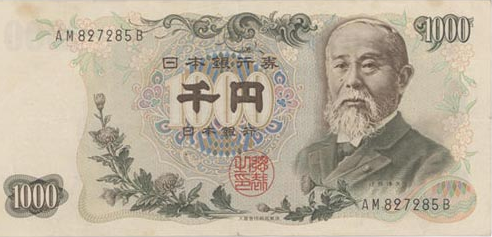
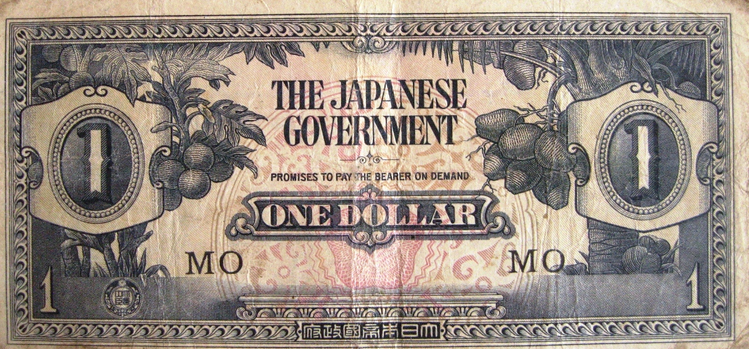
What is Japan's national flower?
Chrysanthemum is Japan's national flower. However, most people think that it is Cherry blossom. Another name for Cherry blossom is Sakura. The chrysanthemum is a flower that has a lot of pedals that layer each other. A chrysanthemum can grow anywhere that has temperate temperatures, like Japan.
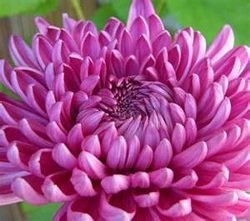
What is the tallest mountain in Japan?
Mt. Fuji is the tallest mountain in Japan. It is thought that it is one of 3 sacred mountains. The other 2 are Mt. Tate and Mt. Haku. Mt. Fuji is considered to be one of the most beautiful landscapes in Japan. It is one of many attractions in Japan.
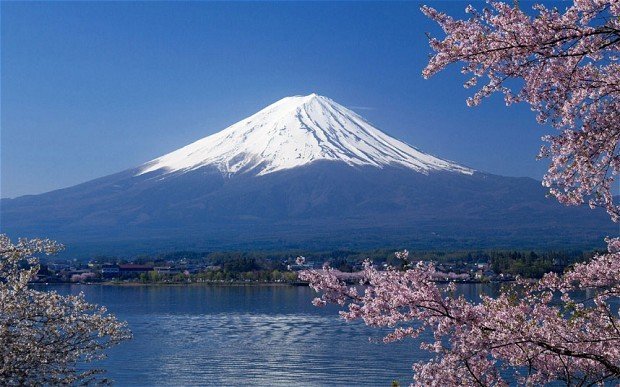
History
Paleolithic people from the Asian mainland settled in Japan 35,000 years ago. About 10,00 years ago, a new culture was developed in Japan which was called Jomon. Japan was introduced to metalworking, rice cultivation and weaving by Yayoi people in 400 B.C. Scientists have estimated that the Yayoi people were travellers from Korea. During the Asuka period, Buddhism came to Japan and so did Chinese writing. Japan never had a government to tell the people what to do. However, from 710-794, a government developed. In 1185, Samurai’s took over governmental power. Samurais were also called ‘shoguns’. One strong emperor strived to overthrow shogunal government in the year 1331. The results ended up in a civil war between northern and southern courts. The war finally came to a halt in 1392. 1868 was when a new constitutional monarchy developed and the head was the Meiji Emperor. This means that the shogun's governmental power was broken.
